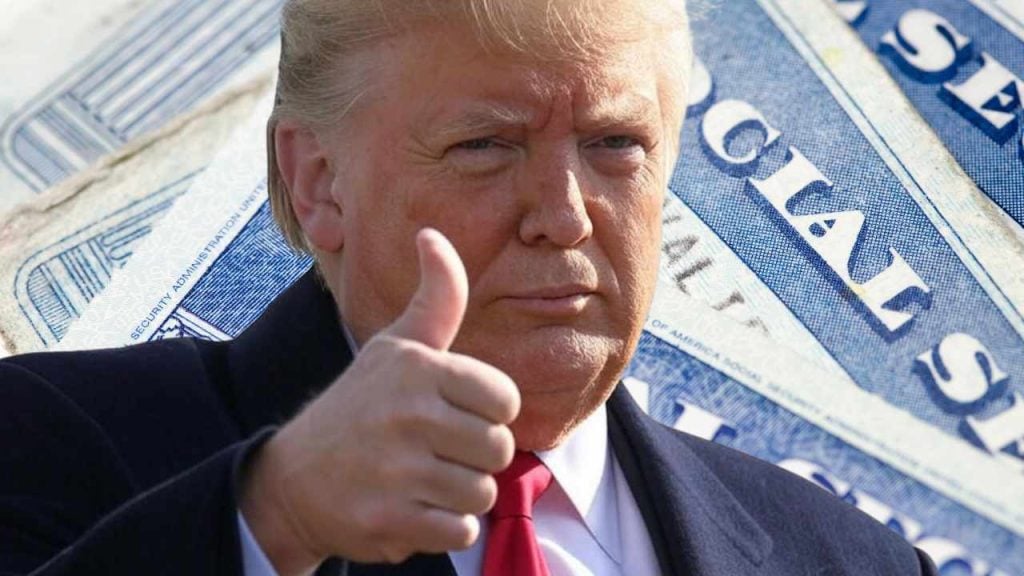The One Big Beautiful Bill Act (OBBBA) This budget reconciliation law merges historic tax cuts with unprecedented adjustments to key social programs, igniting debates about equity and fiscal sustainability.
The bill permanently extends Trump-era individual tax cuts, maintaining rates between 10% and 37%. Families with children benefit from an expanded child tax credit ($2,200 to $2,500), while low-income workers can deduct tips and overtime pay (up to $25,000). Seniors gain up to $6,000 in deductions to offset Social Security taxes.
But there’s another side: a 1% tax on remittances will impact migrant communities, and elite universities will pay up to 8% tax on their endowments. “Trump Accounts”—funds for education or housing—offer tax advantages, though critics warn they’ll only reach those who can afford to save.
The social program shift: Tighter rules, fewer safety nets for Americans
The most controversial changes target Medicaid and SNAP. Beneficiaries aged 19-64 must now meet 80 monthly work hours to retain coverage. For SNAP, the requirement extends to age 64 and forces states to cover 75% of costs if error rates exceed 6%. An estimated 10.9 million will lose health insurance, with Yale studies forecasting “over 51,000 preventable deaths yearly.”
Here’s a summary of how the OBBBA affects SNAP benefits:
-
Significant Spending Cuts
-
The Senate version of OBBBA proposes about $186 billion in SNAP cuts through 2034. Combined House and Senate proposals aim to cut hundreds of billions from SNAP over the next decade.
-
-
State Cost-Sharing Requirement
-
Starting in fiscal year 2028, states must begin paying a portion of SNAP benefit costs. States with low error rates will pay 5%, while those with high error rates may pay up to 25%.
-
-
Expanded Work Requirements: OBBBA tightens work rules for Able-Bodied Adults Without Dependents (ABAWDs). The CBO estimates over 2 million people could lose SNAP eligibility due to these changes.
-
Benefit Cap via Thrifty Food Plan Adjustment: Future benefit increases will be tied to general inflation, not the Thrifty Food Plan. This adjustment could reduce benefits by about $35 billion over 10 years.
-
New Administrative Cost Sharing: The federal government will cut its reimbursement of state SNAP admin costs from 50% to 25%. This shift will increase financial pressure on states and counties.
The OBBBA also allocates $170 billion to border security, including $46.5 billion for the wall. ICE’s budget surges 365%, funding 100,000 new detention beds and capacity for 1 million annual deportations. New fees—$100 per asylum application, $550 for work permits—aim to “self-fund” the immigration system.
Energy and environment: green tax credits axed by OBBBA
In a blow to the energy transition, tax credits for solar, wind, and EVs will phase out starting in 2026-2027. Simultaneously, subsidies for biofuels and metallurgical coal expand. Energy Innovation projects this will cost 830,000 jobs and raise energy costs by 50% by 2035.
The Congressional Budget Office projects the law will add $2.8 trillion to national debt by 2034, reducing revenue by $4.46 trillion over a decade. Social Security and Medicare insolvency could accelerate by one year, while the Committee for a Responsible Federal Budget warns of protracted inflation risks.
The White House celebrates “$10,000 yearly savings for typical families.” But economists like Paul Krugman fear social cuts will deepen inequality. With millions at risk of losing healthcare and food access, the “success” of the Big Beautiful Bill depends on which side of the economic divide you stand.
